Storm Restoration Timing in Sedona AZ
Storm restorations involve repairing damage caused by severe weather events such as high winds, hail, and heavy rainfall. Timing is crucial to ensure the effectiveness and durability of repairs, as well as to minimize disruption to property owners.
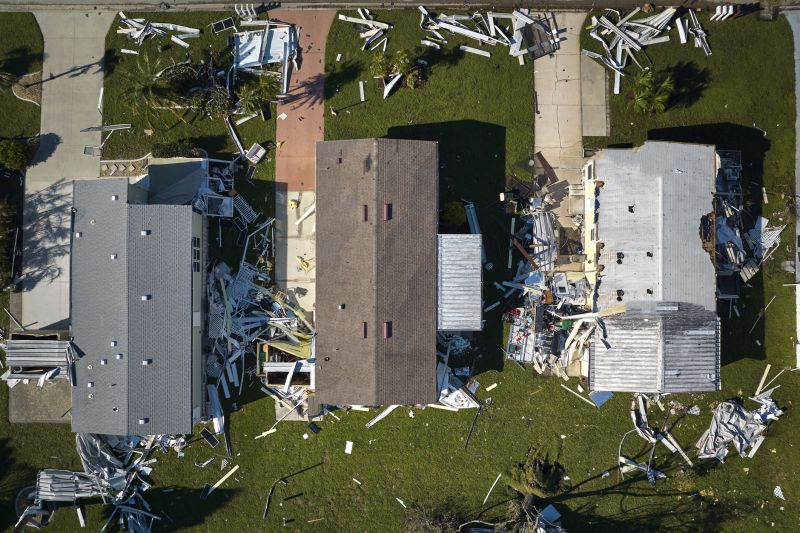
Evaluating damage promptly after a storm helps determine the scope of restoration needed.
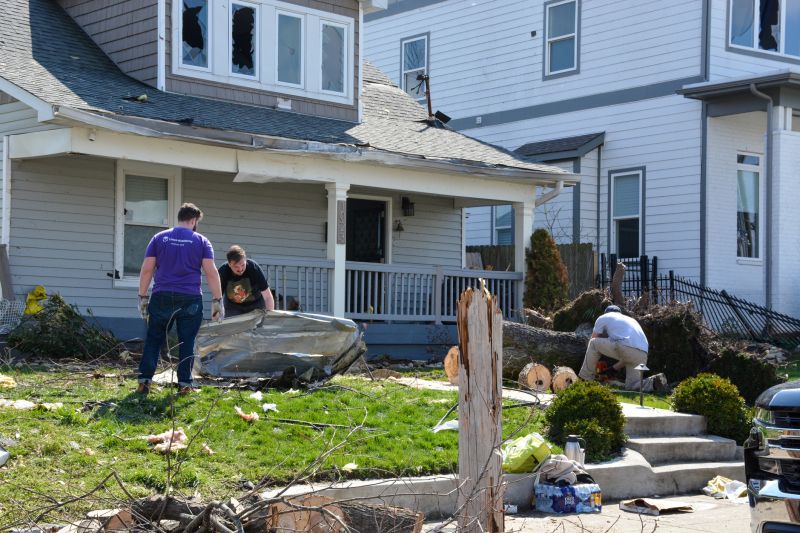
Timely repairs prevent further deterioration and protect property value.
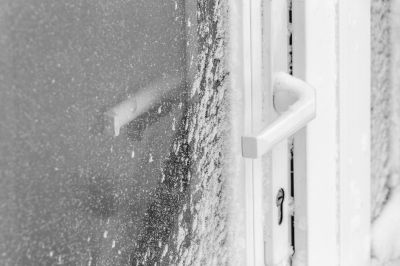
Understanding local weather helps plan restoration during optimal periods.
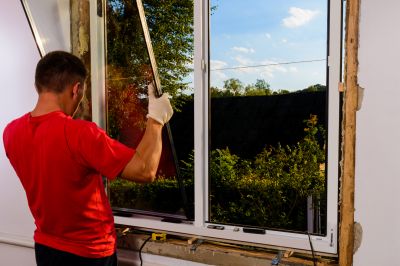
Ways to make Storm Restorations work in tight or awkward layouts.
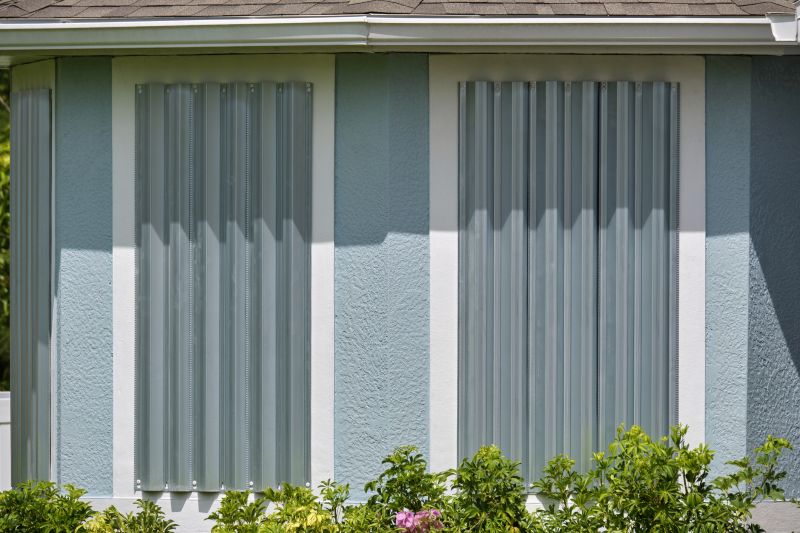
Popular materials for Storm Restorations and why they hold up over time.

Simple add-ons that improve Storm Restorations without blowing the budget.
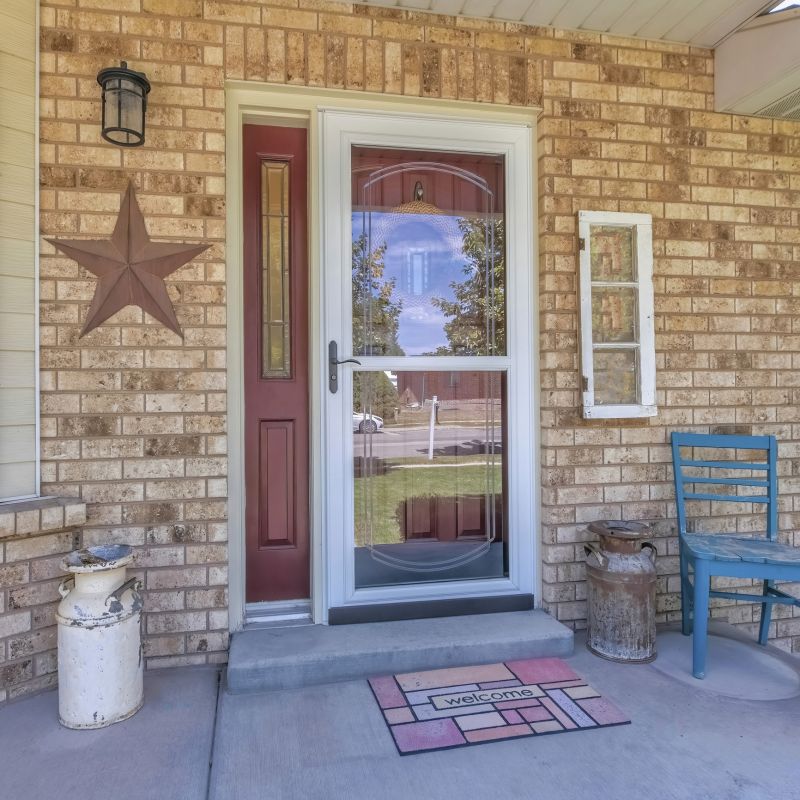
High-end options that actually feel worth it for Storm Restorations.
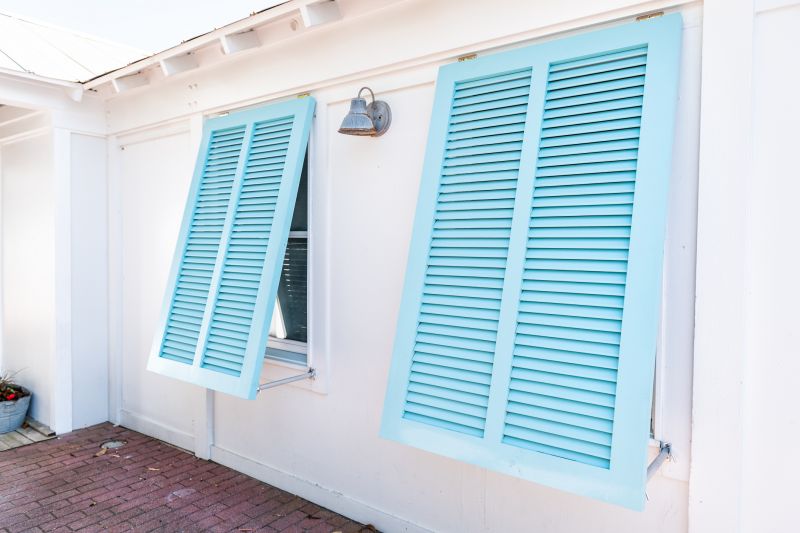
Finishes and colors that play nicely with Storm Restorations.
In Sedona, the peak storm season typically occurs during late summer and early fall, coinciding with monsoon activity. During this period, high winds and heavy rain are most frequent, causing significant damage to roofs, windows, and exteriors. Restoring damage during or immediately after this season can prevent further issues such as water intrusion and structural weakening.
Spring offers a window for repairs before the storm season begins, reducing risk of storm-related delays.
Restorations in late winter or early spring may benefit from less busy schedules and potentially lower costs.
Dryer months provide better conditions for effective repairs and material application.
Immediate response after storms ensures damage is addressed before issues escalate.
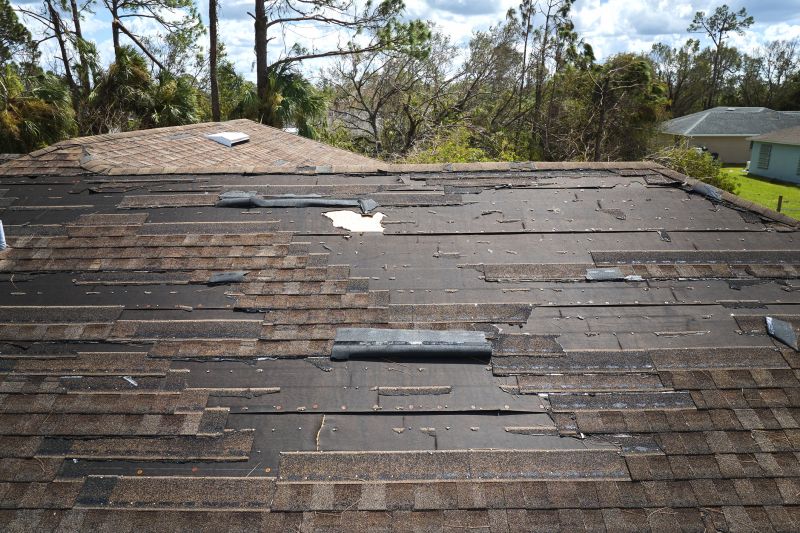
Severe weather can cause roof shingles to lift or break, requiring prompt repair.
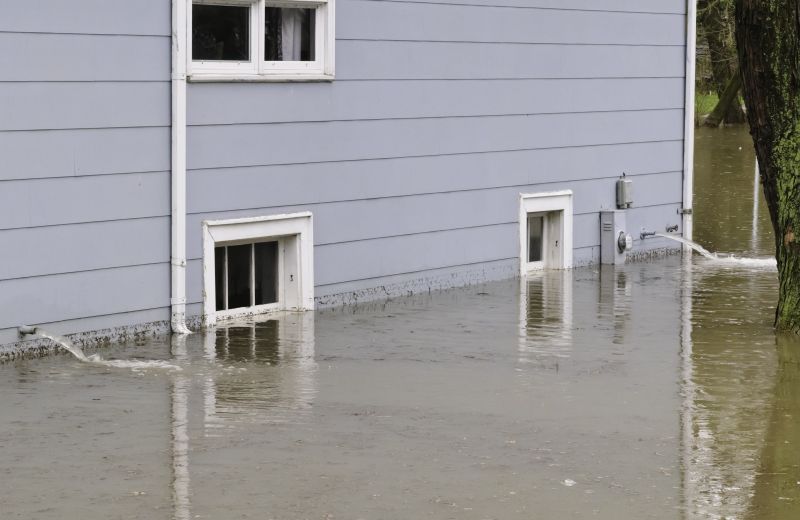
High winds can break windows or cause cracks, necessitating quick restoration.
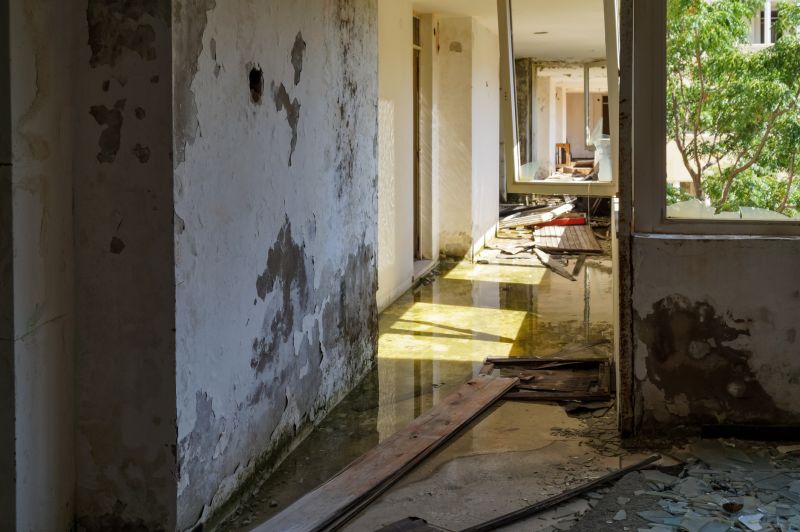
Heavy rain can lead to water intrusion, damaging walls and foundations.
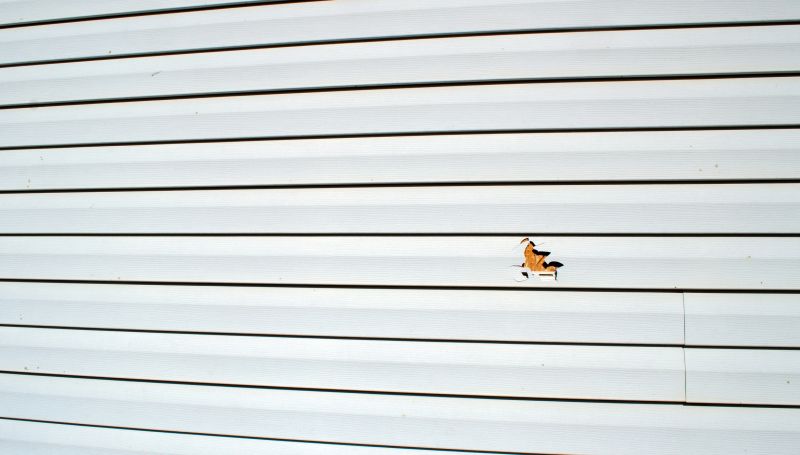
Hail can dent or crack siding, requiring immediate attention.
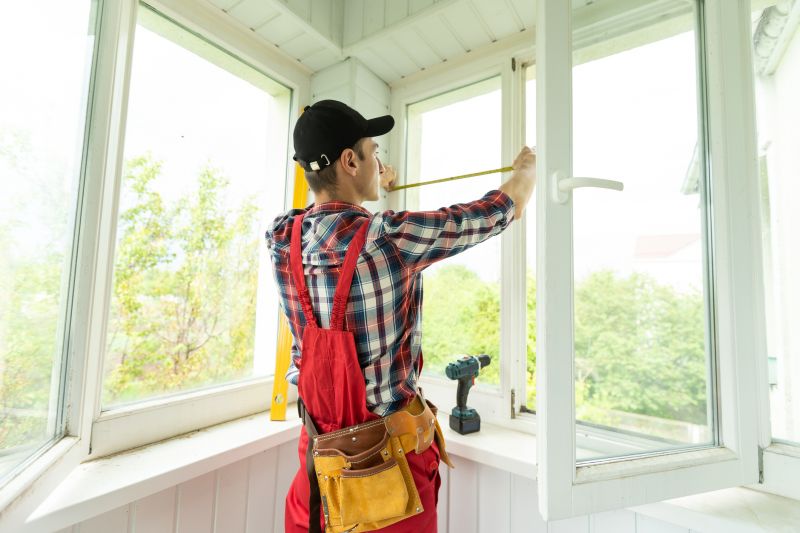
Little measurements that prevent headaches on Storm Restorations day.
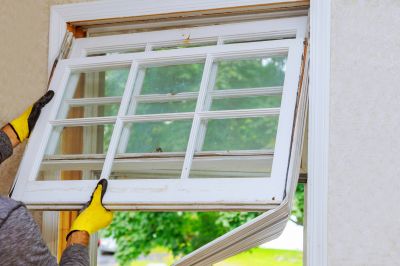
A 60-second routine that keeps Storm Restorations looking new.
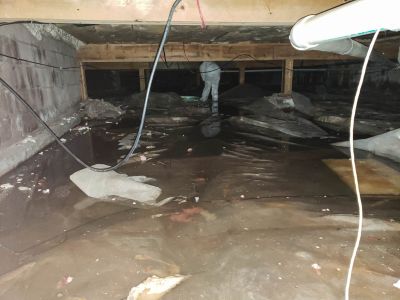
A frequent mistake in Storm Restorations and how to dodge it.

Small tweaks to make Storm Restorations safer and easier to use.
Understanding the seasonal weather patterns in Sedona aids in planning effective storm restorations. Early intervention following storm events minimizes the risk of secondary damage, such as mold growth, wood rot, or structural compromise. Proper timing ensures repairs are durable and cost-effective.
| Storm Season | Optimal Restoration Period |
|---|---|
| Late Summer | Immediately after storms during late summer and early fall |
| Spring | Before the storm season begins, in early spring |
| Off-Season | Late winter to early spring when weather is drier |
| Post-Storm | Within days of storm events for urgent repairs |
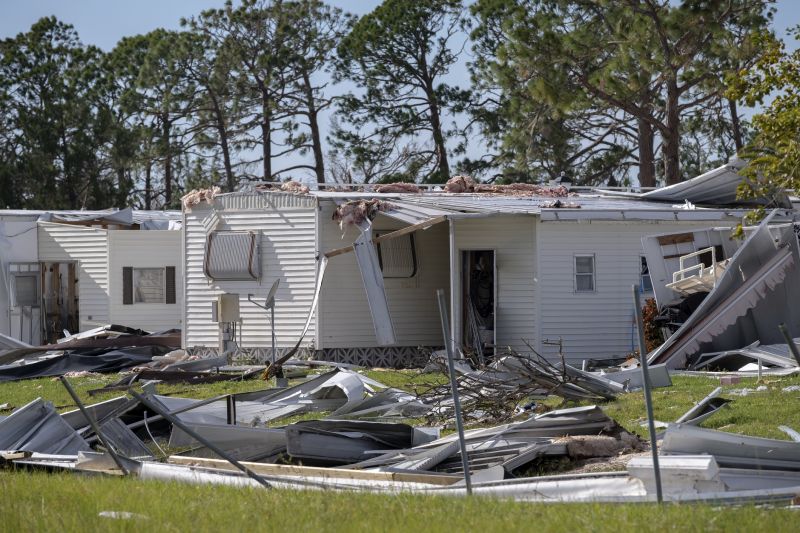
Quick evaluation after storms helps plan timely repairs.
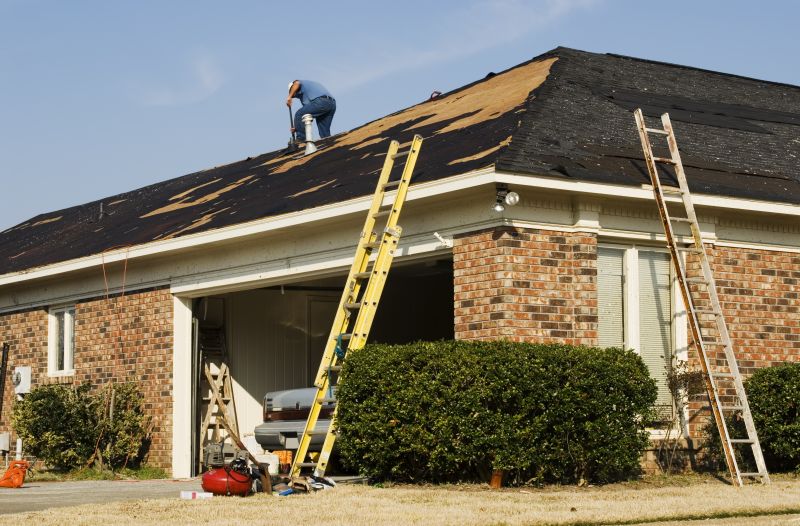
Addressing roof damage early prevents leaks and structural issues.
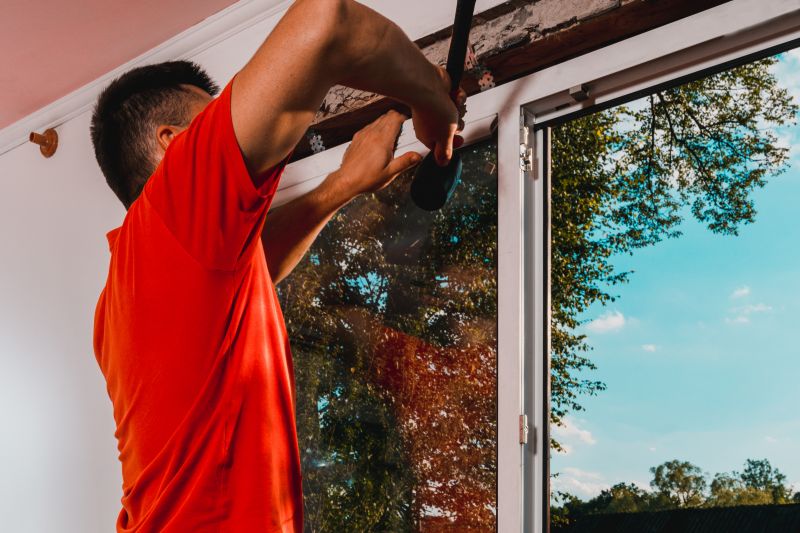
Replacing broken windows restores security and protects interiors.
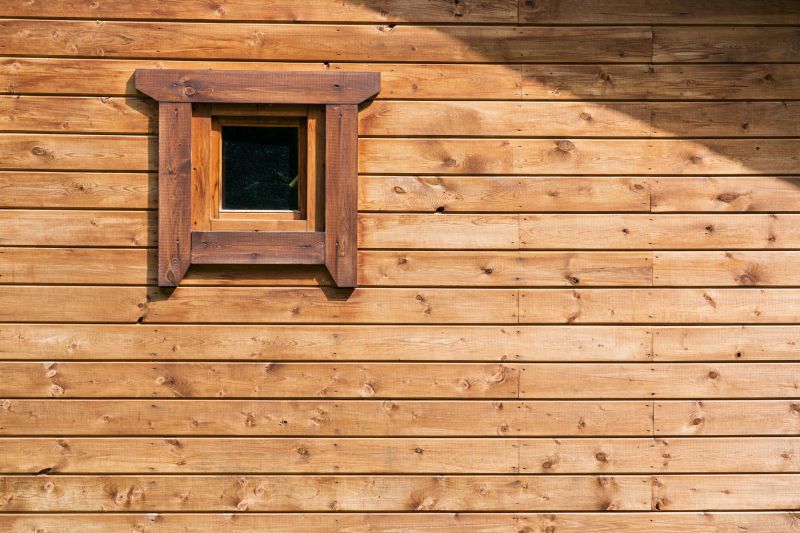
Restoring siding and exterior features prevents further weather damage.
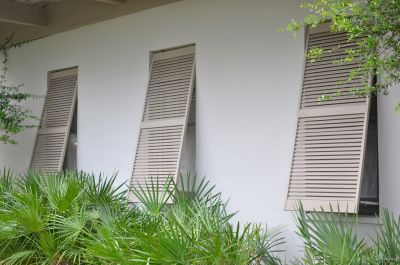
Lower-waste or water-saving choices for Storm Restorations.
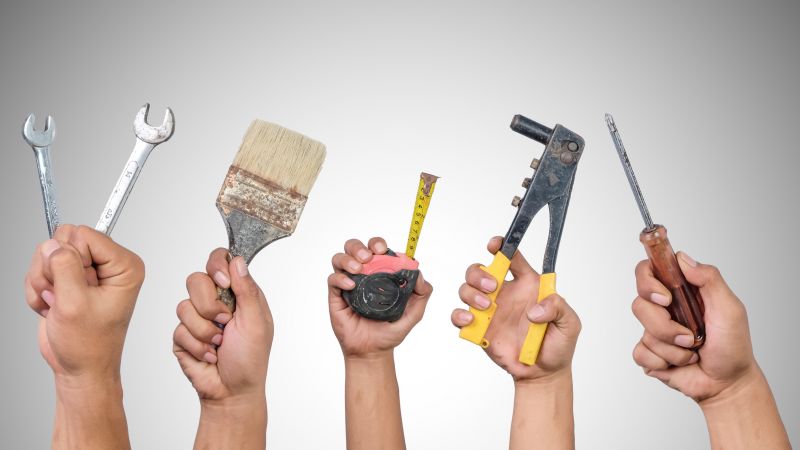
The short, realistic tool list for quality Storm Restorations.
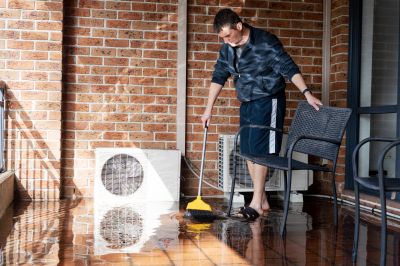
Rough timing from prep to clean-up for Storm Restorations.
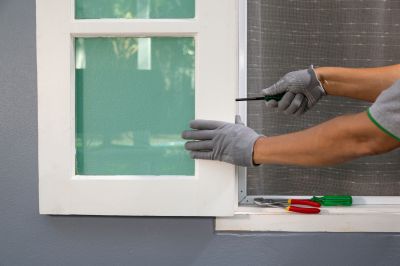
Quick checks and paperwork to keep after Storm Restorations.
Timely storm restorations are essential for maintaining the integrity and safety of properties in Sedona. Planning repairs during optimal weather conditions ensures that restoration work is effective, durable, and less likely to be disrupted by subsequent weather events.
Individuals interested in storm restorations are encouraged to contact for detailed assessments and tailored solutions to address storm-related damage effectively.

